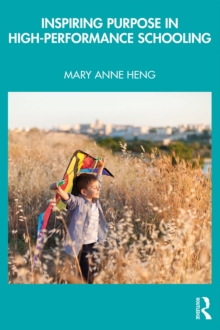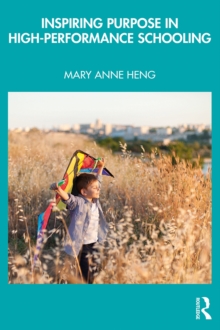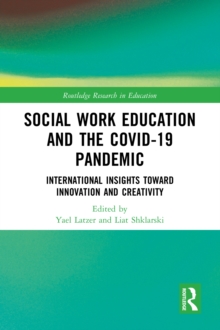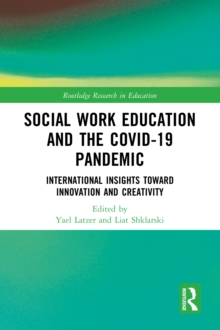
Challenging Perceptions of Africa in Schools : Critical Approaches to Global Justice Education PDF
Edited by Barbara O'Toole, Ebun Joseph, David Nyaluke
Part of the Routledge Research in Education series
Description
This book challenges educational discourse in relation to teaching about Africa at all levels of the education system in the Global North, with a specific case study focusing on the Republic of Ireland. The book provides an interrogation of the proliferation of negative imagery of and messages about African people and African countries and the impact of this on the attitudes and perceptions of children and young people. It explores how predominantly negative stereotyping can be challenged in classrooms through an educational approach grounded in principles of solidarity, interdependence, and social justice.
The book focuses on the premise that existing educational narratives about the African continent and African people are rooted in a preponderance of racialised perceptions: an 'impoverished' continent dependent on the 'benevolence' of the North. The cycle of negativity engendered as a result of such portrayals cannot be broken until educators engage with these matters and bring critical and inquiry-based pedagogies into classrooms. Insights into three key pedagogical areas are provided - active unlearning, translating critical thinking into meaningful action, and developing a race consciousness.
This book will appeal to academics, researchers, and post-graduate students in the fields of education and teacher education. It will be of interest to those involved in youth work, as well as intercultural and global citizenship youth trainers.
Information
-
Download - Immediately Available
- Format:PDF
- Pages:220 pages
- Publisher:Taylor & Francis
- Publication Date:23/12/2019
- Category:
- ISBN:9780429883699
Information
-
Download - Immediately Available
- Format:PDF
- Pages:220 pages
- Publisher:Taylor & Francis
- Publication Date:23/12/2019
- Category:
- ISBN:9780429883699










